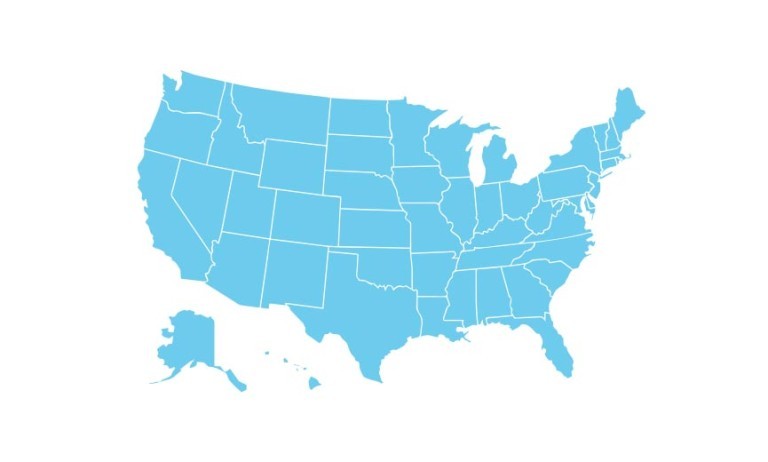Business Resources to Help You and Your Employees

No Tax on Overtime and Tips: The New IRS Rules
Los propietarios de empresas y los responsables de las nóminas que buscan información sobre cómo gestionar la distribución de propinas y el pago de horas extras dobles para garantizar la precisión de los formularios W-2, así como responder a las preguntas de los empleados sobre la compensación calificada bajo las disposiciones exentas de impuestos de la Ley Fiscal de 2025, pueden beneficiarse de este seminario web a demanda.
No Tax on OT and Tips FAQ
Two recent Paychex webinars on the no tax on overtime and tips provisions from the 2025 tax law, also known as the One Big Beautiful Bill Act, provided context for employers, accounting professionals, and employees on the deductions. Registrants asked many good questions, and our Compliance analysts have helped further clarify details ahead of April's tax filing deadline.
All Resources
Podcasts de negocios
Paychex Thrive, a Business Podcast
Navigate the dynamics of today's business climate.

Paychex Pulse, an HR Podcast
The issues facing today's human resource leaders and managers.










